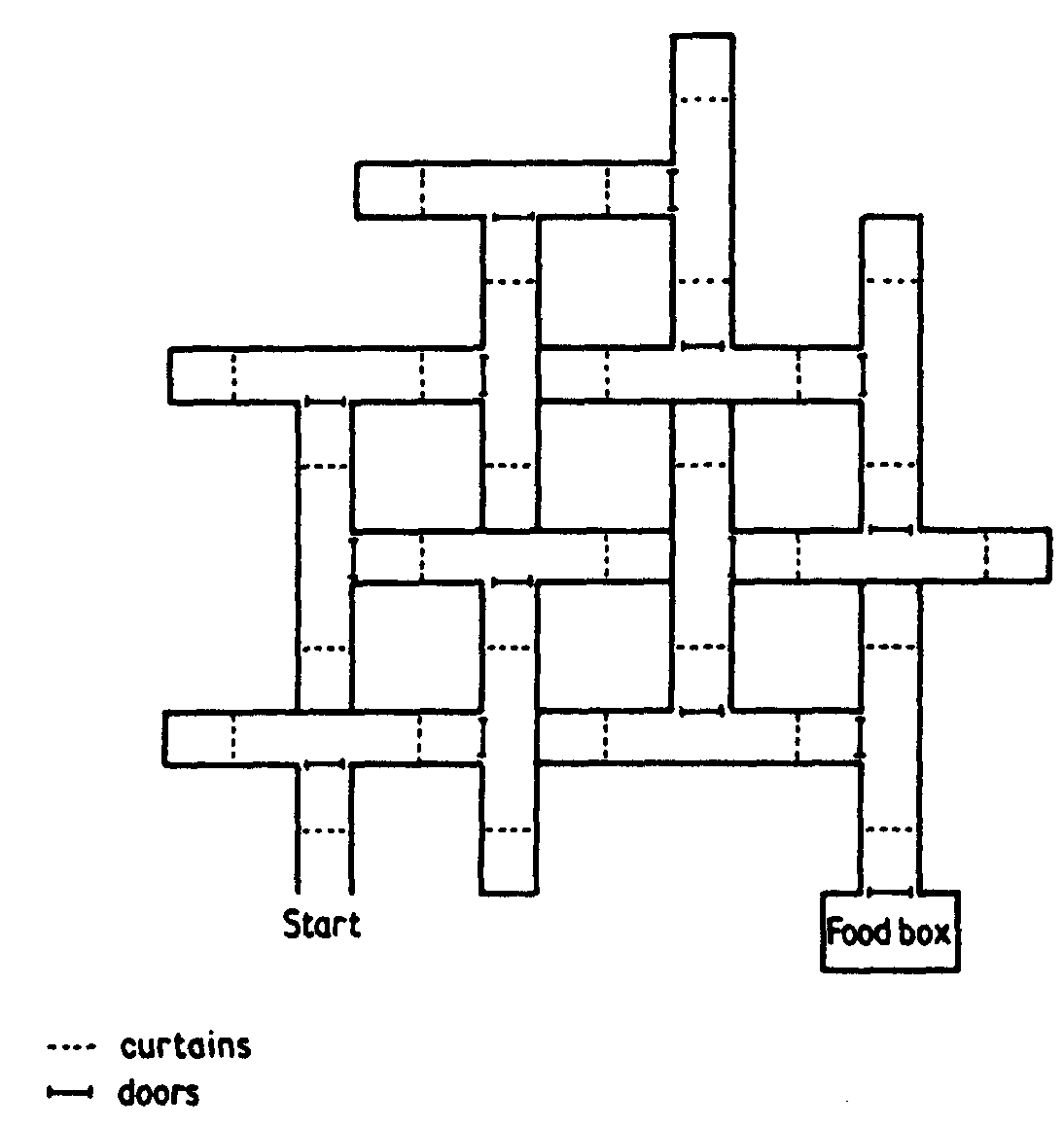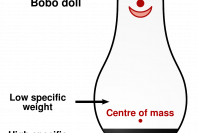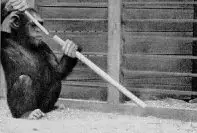Latent learning refers to knowledge that only surfaces when reinforced by a certain situation. It is occurring on a daily basis even without our conscious grasp of the scenario.
Breaking it down, latent refers to underlying or hidden, and learning refers to acquirement of knowledge. You need to understand that learning and performance is not the same thing.
Related Read:
How Latent Learning Works?
For instance, imagine that you have been learning about a certain disease, say pneumonia. You might not have had to use the information after your exams, and the motivation to learn further about the disease might not be present. However, let’s suppose that a family member is diagnosed with pneumonia.
Surprisingly, you will be able to spout off facts and information about pneumonia. The lessons learnt in the health class will surface now because you had an incentive/reinforcement to demonstrate it.

This is exactly what latent learning refers to. You learned about the disease even without any motivation for doing so, and there certainly weren’t any rewards to persuade you to remember all the information. But, when the time came and you had the incentive to recall the information, you were able to.
We only tend to focus on the kinds of learning that is immediately apparent. We teach a dog to sit down by offering a treat. We teach children to complete assignments by offering rewards.
However, not all learning is as simple and apparent. There are plenty of cases when an individual might not even consciously assess certain information, but when the time comes, he/she will be able to use it without any problem.
According to psychologists,
This “hidden” learning that only manifests itself when reinforcement is offered is called latent learning.
Edward Tolman
According to Tolman,
Learning which is not apparent in the learner’s behavior at the time of learning, but which manifests later when a suitable motivation and circumstances appear.
Even though the idea of latent learning was not unique to Tolman, he developed it further.
Tolman was the only psychologist who didn’t accept the stimulus-response theory. He believed that reinforcement wasn’t always required for learning to occur. His argument was that behavior was mainly cognitive, and even coined the term cognitive map.
The Maze Experiment
Tolman, along with Hoznzik, built a maze to experiment latent learning. Tolman also had a point to prove that stimulus-response relationship is not mandatory for learning.

Procedure
- Three different groups of rats were taken.
- Each group was made to go through the maze.
- One group was rewarded every time they came out the other end.
- Second group was offered delayed reward
- Third group wasn’t rewarded at all.
Observations
The delayed reward group (second group) was the one to take notice from the experiment.
During the times when they were not rewarded, the rat lacked motivation to reach the other end and took their time. However, once they were offered reward at the end, their cognitive map came into play and due to the added motivation, they were much faster in coming out the other end.
The question still remained that “How do investigators demonstrate that latent learning has taken place?” For this, investigators blocked the usual route, such that the rats had to redirect. The rats then took the shortest route to come out the other end and claim their reward. In order to this, the rats had obviously soaked in the knowledge about the rest of the maze even without reinforcement.
Example: Let’s consider a human example. Suppose, you go home via a same route every day. You notice all the different cafes and shops without even trying. This information might stay unused for years. But some day, when you have to get to a certain “X” café at “Y” street, you will easily be able to track the place using the information you had acquired over the years.
The results of the experiment suggested that learning can even occur without any motivation of rewards, often by accident.
Experts suggest that even though it sounds too simple of an explanation, curiosity can be a major reason for learning. Latent learning is associated with different types of learning, including higher level mental abilities. Problem solving, future planning, etc are among the mental abilities that could have been acquired as a result of latent learning.
Example: A student learning in class might not be rewarded immediately, but at the end of the year he will be able to secure high GPA increasing his chances of getting jobs at respectable firms. Even though the rewards are not immediate or apparent, there can always be something somewhere down the line.




